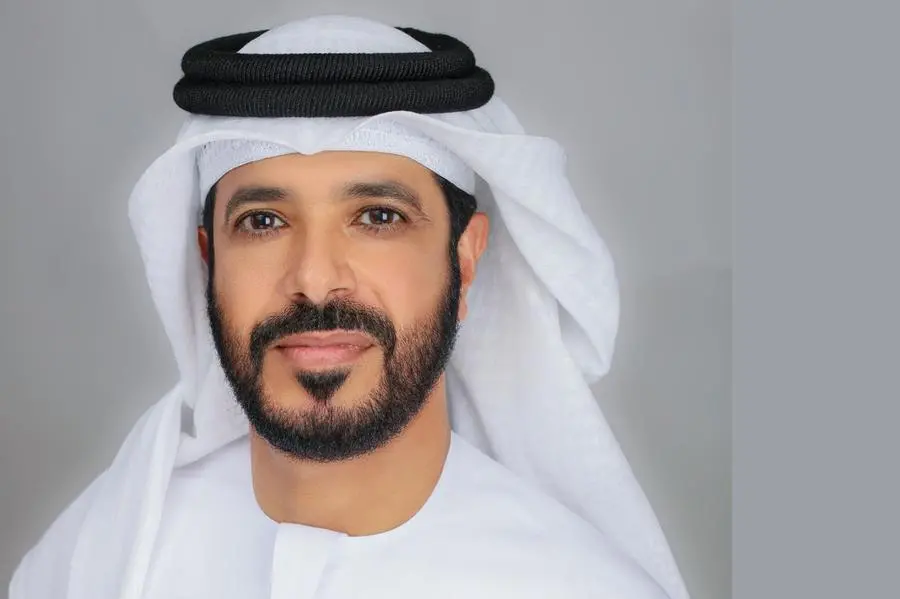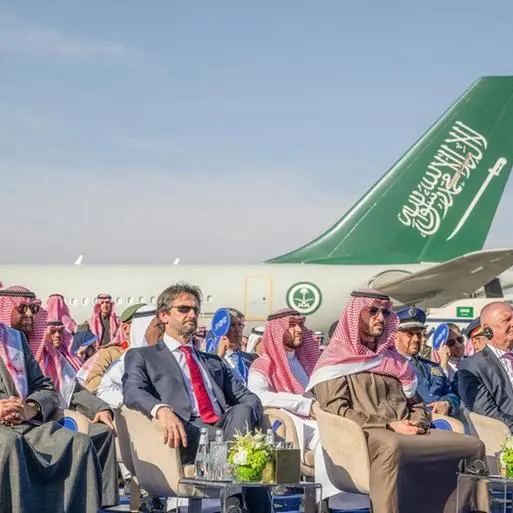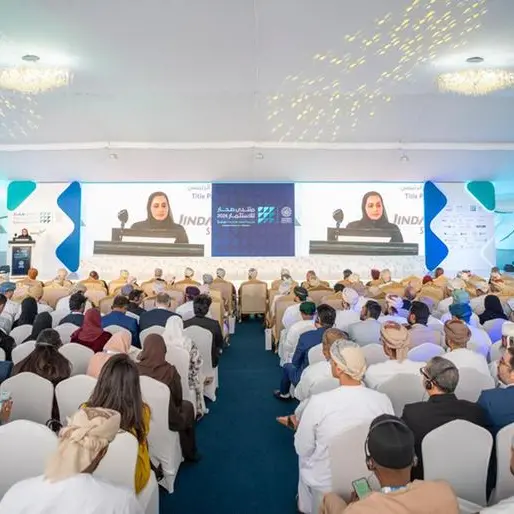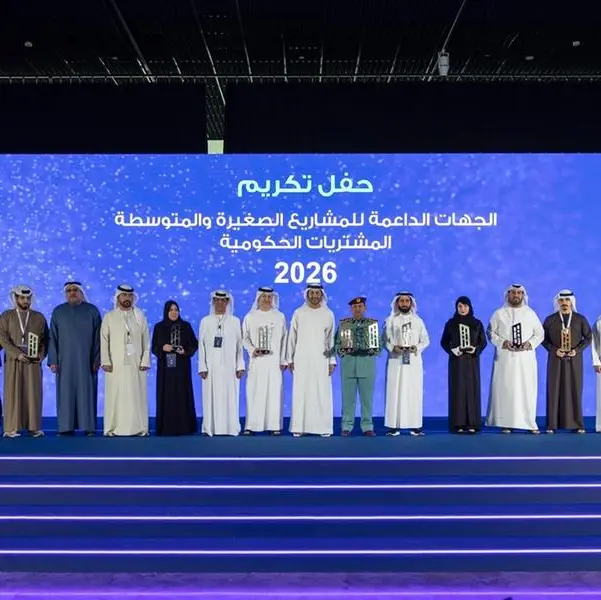PHOTO
Dubai: The Ministry of Climate Change and Environment (MOCCAE) organised a training workshop on aerial spraying techniques to combat the Desert Locust. The training was conducted in cooperation with the Abu Dhabi Agriculture and Food Safety Authority (ADAFSA), the National Centre for Meteorology, and the FAO’s Commission for Controlling the Desert Locust in the Central Region.
This course aims to develop the capacities of National cadres and equip them with the knowledge and skills needed to professionally control the Desert Locust using modern spraying machines and tools.
The training course aligns with the wider efforts to support the capabilities of the technical workforce operating in the agricultural sector in the UAE, reflecting a shared commitment to adopt global techniques and best practices in controlling the Desert Locust, thus contributing to achieving the UAE’s sustainability objectives and safeguarding its agricultural sector.
Commenting on the training course, His Excellency Dr. Mohammed Salman Al Hammadi, Assistant Undersecretary of the Food Diversity Sector at the MOCCAE, said: “The UAE’s ‘Plant the Emirates’ National Programme and the National Agricultural Centre mark a new era in agricultural development in the country. These initiatives support farmers in expanding their agricultural activities and increasing local crop production, highlighting the importance of controlling agricultural pests. Promoting these efforts across all emirates is crucial for enhancing food security and sustainability in the region."
He added: “We are pleased to organise this training course on aerial spraying techniques to control the Desert Locust. It highlights our commitment to equipping National cadres with essential skills and knowledge of best practices to effectively control locust infestations and reduce their threat to local agricultural production and development.”
HE Eng. Ahmed Khalid Othman, Deputy Director-General of ADAFSA for Operational Affairs and Executive Director of the Agricultural Affairs Sector highlighted the serious threat posed by the Desert Locust to food security and called for a united front in controlling this pest. His Excellency expressed his gratitude for the collaboration between the MOCCAE and the FAO, adding that such cooperation is crucial for safeguarding agriculture and future investments in the sector.
HE added: “Specialised workshops enhance preparedness to tackle the risks posed by transboundary pests by strengthening the skills of the technical workforce in the agricultural sector by introducing them to the latest global technologies and best practices, and equipping them with the knowledge and skills needed to face the challenge of the Desert Locust. Through such initiatives we aim to positively impact our agricultural productivity to achieve our national food security goals.”
Dr Mamoon Al-Alawi, Executive Secretary of the Commission for Controlling the Desert Locust in the Central Region, said: “As one of the world's most damaging transboundary pests, the Desert Locust poses a significant threat to agriculture. Its ability to rapidly destroy crops and pastures has led to more frequent and severe outbreaks in recent years.”
Al-Alawi added: “The Commission for Controlling the Desert Locust in the Central Region, MOCCAE in collaboration with ADAFSA have joined forces to organise this training workshop on aerial spraying techniques to control the Desert Locust. Training individuals exposed to the dangers of the Desert Locust is essential. The workshop provides a comprehensive understanding of the biology and ecology of this pest, along with the latest survey and control techniques. Through this training, we aim to equip staff with the knowledge and skills necessary to effectively manage Desert Locust populations before they can form swarms and invade other areas, both within our country and in neighboring regions.”
The training workshop has empowered several UAE to safely use chemical pesticides during aerial spraying, while also ensuring their safety and the safety of the environment. The workshop will also ensure that the national farmers are qualified to launch aerial spraying operations when needed.




















